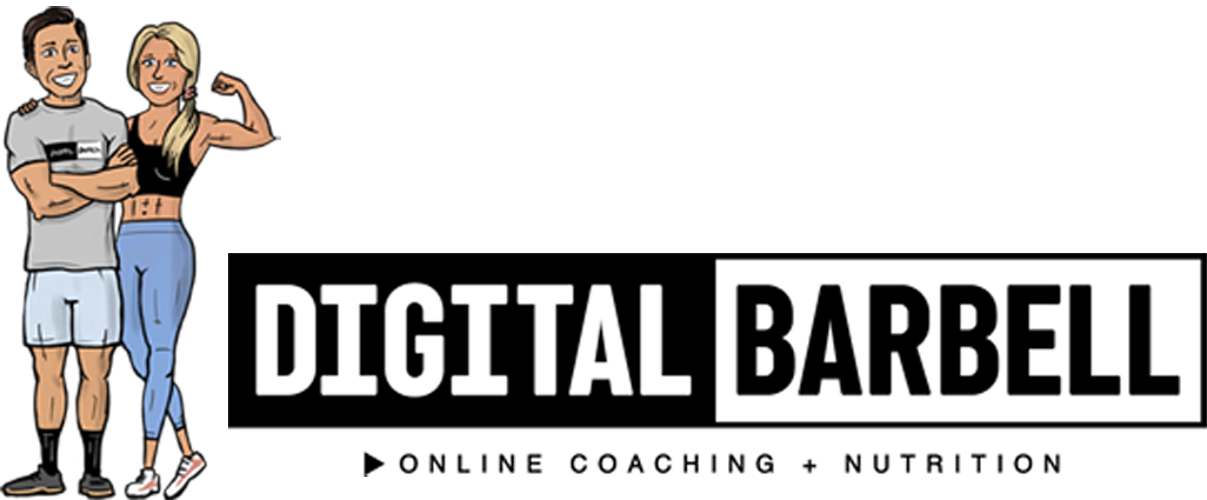Are Milk Substitutes as Healthy As Real Milk? - Oat Milk, Almond Milk, Soy Milk, Cashew Milk...
Anyone else grow up with those “Milk Does a Body Good” commercials?
Ahh yes, the 80’s…
I mean, it actually makes sense.
It’s easy to find, pretty cheap and it’s a good source of nutrients like protein, carbohydrates, fat and calcium.
If you’re going to drink your calories, you could do a lot worse than milk.
The options in the milk cooler at the grocery store are endless these days.
It turns out you can make “milk” out of everything from a soybean to a grain of oatmeal. Ain’t life amazing?
But how do these non-dairy options stack up nutritionally to the O.G. milk from the Borden cow we grew up with?
Let’s find out!
The main reason we might want to drink milk (other than the taste) is that it’s a great source of protein, just like the animal it comes from. Mooooooooo.
Milk has with some carbs in it, and some fat depending on what % you buy, but milk is mostly protein.
As you can see, just because a drink has the word “milk” in the name doesn’t mean it can hold a candle to the high-protein advantages of the real deal.
All of the non-dairy options pale in comparison with the exception of soy milk. That makes sense because soybeans are a complete protein unlike foods like oats and almonds.
Companies like Horizon and Fairlife use an advanced filtration process to produce a milk that’s higher in protein and lower in sugar than traditional milk. They can be lactose free in some cases also.
So where do these lower protein “milks” fit into a healthy diet?
The lower calorie options like unsweetened almond, unsweetened coconut and unsweetened cashew milk can make a good substitute for coffee creamer or for water in protein shake.
Just keep in mind with these non-dairy options that they are not really a substitute for dairy even though the word milk is in the name. Nutritionally, some of the options are more comparable to water or fruit juice. Sad.
Are you in it for the calcium? Unless you’re making your own milk substitute or are getting them from a non-commercial source, most options are fortified with just as much calcium as milk.
So now you know!
This is just one example of the wild west of nutrition. It can be freakin’ confusing out there.
If you want someone to walk through your nutrition journey with you, let’s talk about our 1 on 1 Nutrition Coaching service.
Learn what it can be like to eat the foods you love and get results without turning your life upside down.
Have a great day!
Jonathan & Blakley


